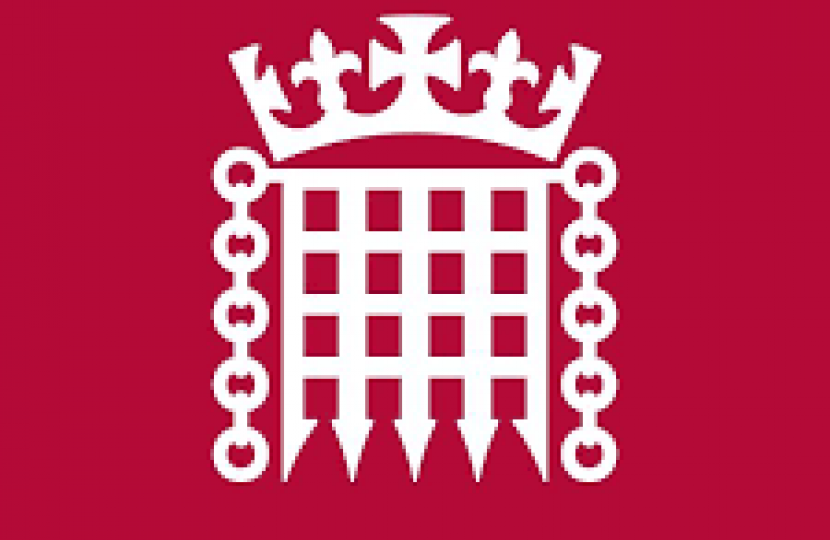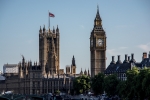
The right of the 26 Church of England Archbishops and Bishops to sit in the House of Lords as the “Lords Spiritual” has been established by ancient usage and statute.
The continuing place of Anglican Bishops in the Lords reflects our enduring constitutional arrangement, with an established Church of England and its Supreme Governor as Monarch and Head of State. This relationship between the Crown, Parliament and the Church has evolved over centuries and underpins the fabric of our nation.
The Lords Spiritual bring an important independent voice and spiritual insight to the work of the Upper House and, while they make no claims to direct representation, seek to be a voice for all people of faith, not just Christians. The presence of the Church of England in every community of England gives Bishops personal access to a very wide spread of civil organisation and experience. Their personal contribution to the work of the House of Lords therefore draws not on partisan policy but on that direct experience, as well as engagement generally with questions of ethics, morality, and faith.
Although there are 42 dioceses in the present-day Church of England, the number of places for Lords Spiritual is limited to 26 by statute. Of the 26, only five – the Archbishops of Canterbury and York and the Bishops of London, Durham and Winchester – are automatically granted a seat. As you may be aware, Bishops retire from the House of Lords when they leave office as a Bishop, which they are required to do at age 70.


